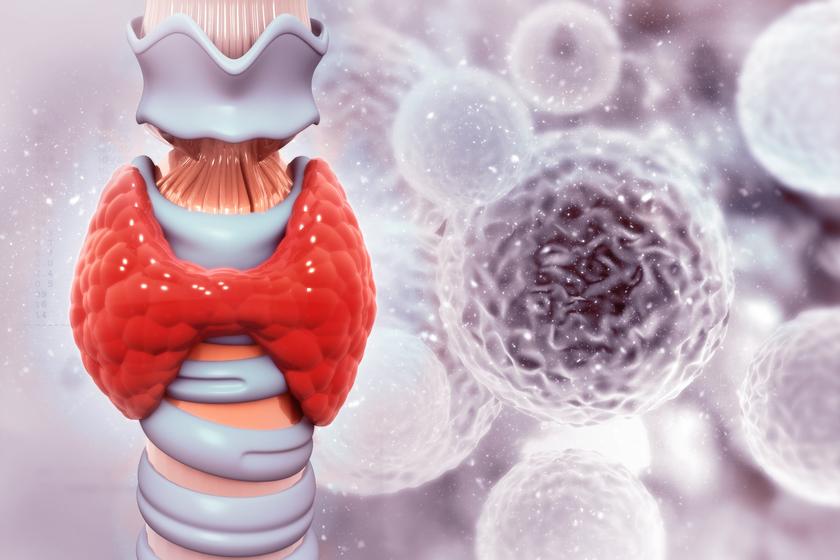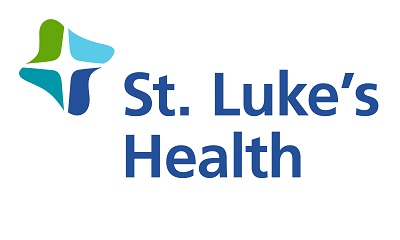Understand the Thyroid—A Small Gland With a Big Effect on Health

Thyroid issues are common, affecting about one in 20 people. Still, many people aren’t aware of what the thyroid does or how it affects health. Acknowledge Thyroid Awareness Month this January by learning about this vital gland and signs it may not be working as well as it should.
Thyroid Gland 101
The thyroid is a butterfly-shaped gland at the front of the neck. Like other glands, it makes specific chemical messengers called hormones. These hormones are essential for overall health, affecting metabolism and several organs and systems in the body.
When a thyroid condition results in too little or too much thyroid hormone, it may affect your breathing, digestion, heart function, mood, sleep, weight and more.
Types of Thyroid Conditions
There are several different thyroid conditions, including:
-
Benign nodules—non-cancerous growths on the thyroid
-
Congenital hypothyroidism—a thyroid condition present from birth
-
Graves’ disease—an autoimmune disorder that causes the immune system to attack thyroid the thyroid gland
-
Hashimoto’s disease—an autoimmune disorder where the immune system attacks healthy tissue in the thyroid gland
-
Thyroid cancer—a type of cancer that starts in the thyroid
-
Thyroiditis—inflammation in the thyroid gland
Anyone can develop a thyroid condition. However, having certain risk factors may increase your chances, including:
-
Autoimmune disorders, such as celiac disease, lupus, rheumatoid arthritis or Type 1 diabetes
-
Family history of thyroid conditions
-
Personal history of another thyroid issue or radiation treatment to the chest or neck
-
Turner syndrome, a genetic disorder
-
Type 2 diabetes
Women and older people are also more likely to develop thyroid problems.
Signs and Symptoms of Thyroid Issues
Signs and symptoms vary depending on the thyroid condition. Symptoms can range from mild to severe.
Signs of having too little thyroid hormone, known as hypothyroidism, can include:
-
Depression
-
Difficulty concentrating
-
Dry hair or skin
-
Extreme tiredness
-
Frequently feeling cold
-
Heavy or irregular menstrual periods
-
Joint and muscle pain
-
Slow heart rate
-
Thinning hair
-
Weight gain for no known reason
Symptoms of having too much thyroid hormone, called hyperthyroidism, may include:
-
Anxiety, irritability or nervousness
-
Diarrhea or frequent bowel movements
-
Difficulty sleeping
-
Fast or regular heartbeat
-
Fertility issues
-
Often feeling hot
-
Tremors, or shaking, often in your hands
-
Weight loss for no known reason
Large benign nodules or cancerous tumors on the thyroid gland may lead to difficulty breathing, speaking or swallowing. Several conditions may also cause a goiter, or an enlarged thyroid gland.
Getting a Diagnosis
If you think you may have a thyroid condition, the first step in getting a diagnosis is talking with your primary care physician. A primary care doctor can treat some thyroid conditions. If your doctor thinks you need more specialized care, they may refer you to a specialist, such as an endocrinologist or oncologist.
To diagnose a thyroid condition, your physician will collect your medical history, do a physical exam and order blood work or other tests, such as:
-
Fine needle aspiration biopsy—a test that takes a tiny tissue sample
-
Thyroid nuclear scan—an imaging test that involves injecting a small amount of radioactive material into the body to check thyroid gland function
-
Thyroid ultrasound—a test that provides detailed images of the structure of the thyroid gland
Treatment and Support
Treatment depends on what type of thyroid issue you have and may include:
-
A form of radiation therapy called radioactive iodine therapy
-
Medication
-
Radiofrequency ablation, a treatment using high-frequency radio waves
-
Surgery
No matter the issue, the majority of thyroid conditions can be successfully treated, including more than 9 in 10 cases of thyroid cancer.
If you think you may have a thyroid condition, schedule an appointment with a St. Luke’s Health primary care physician.
















